Team Members
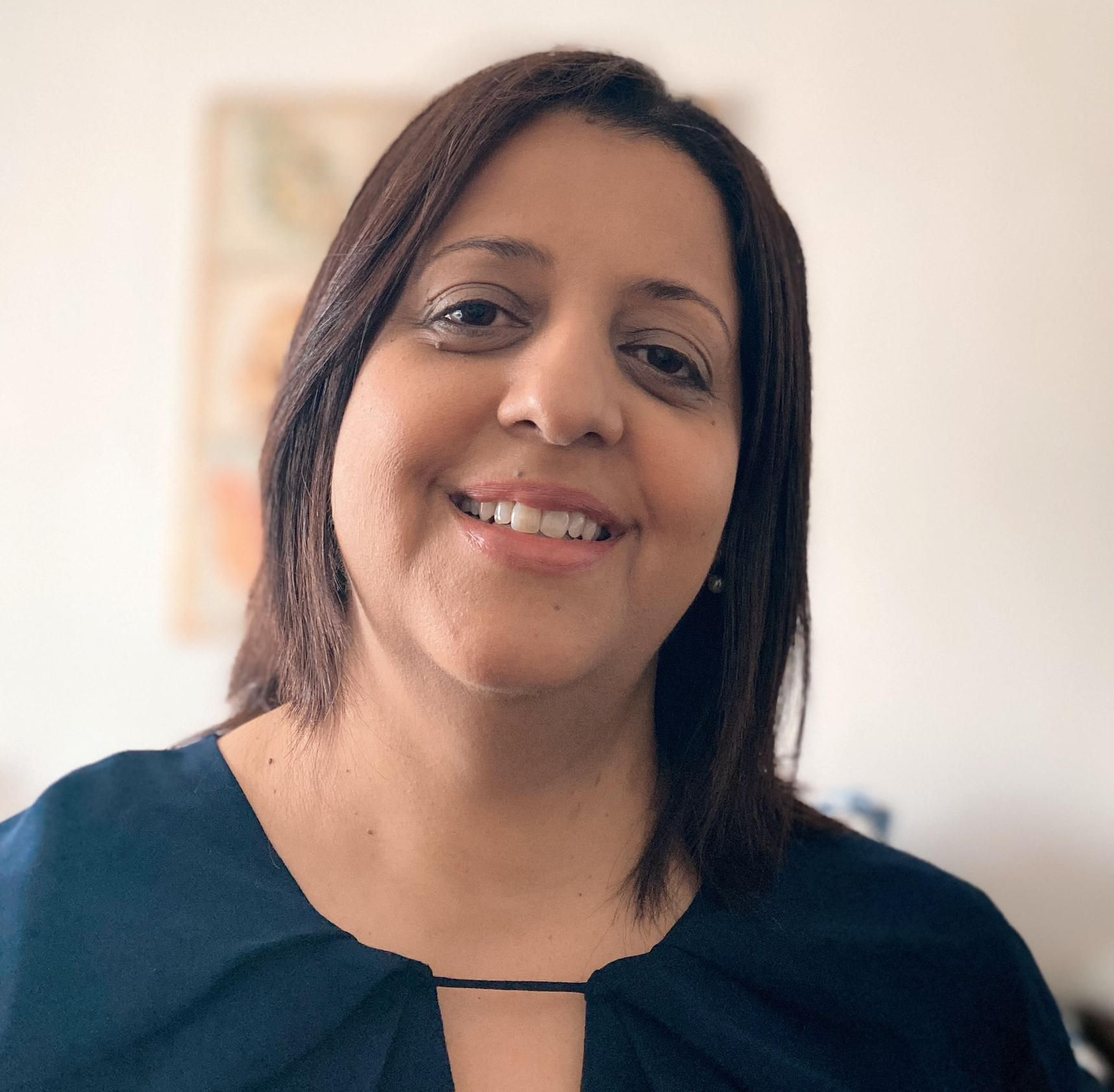
Ansaf Salleb-Aouissi
President
Ansaf Salleb-Aouissi is a senior lecturer in the discipline of computer science. Ansaf is dedicated to teaching and promoting AI education for several years both at Columbia University where she teaches hundreds of students in AI per year, and the AI Micromasters online on EdX. Her online course attracted over a quarter million learners from 200 countries and regions, since 2017. More information can be found at: columbia.edu/~ansaf
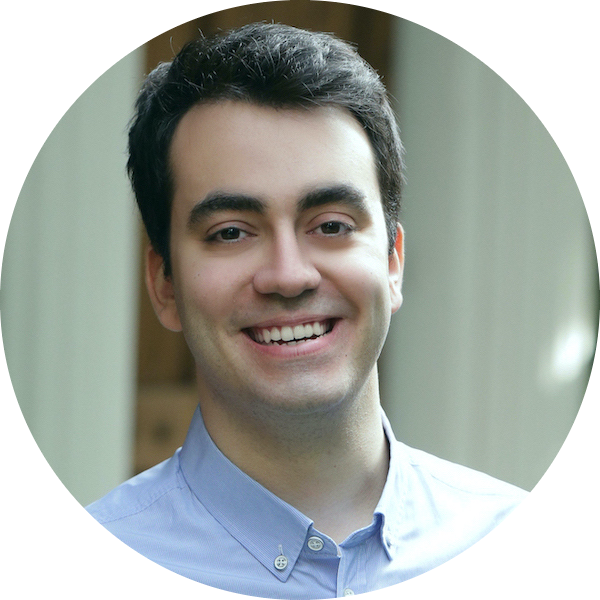
Uzay Macar
Vice-President
Uzay Macar is a computer scientist by training and an entrepreneur working at the intersection of healthcare and technology. He graduated from Columbia University in 2021 where he specialized in artificial intelligence and its applications. He is dedicated to computer science education, and has taken part in various projects on teaching programming to young age groups. More information can be found at: uzaymacar.github.io
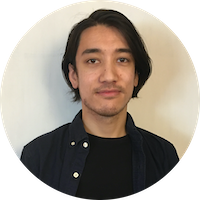
Noah Mauchly
Art Director
Noah Mauchly is an animator and filmmaker currently based in New Hampshire. He graduated from Kingston University with a BA in Illustration and Animation in 2020. He works primarily in traditional 2D animation, but also explores a range of experimental techniques such as rotoscoping, pixilation, mixed-media stop motion, and sound-based work across a variety of projects, including short films and advertising. More information can be found at: noahmauchly.com
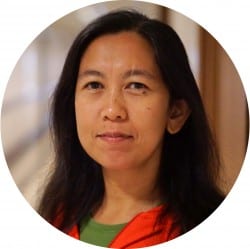
Zarina Mustapha
Senior Web Consultant
Zarina is a Senior Front-end Developer at the Center for Teaching and Learning (CTL) at Columbia Univsersity. She works closely with learning designers and faculty to create multi-platform interfaces with attention to information architecture, user experience, accessibility, and programmatic rigor.Zarina received her M.S. in Engineering from Columbia University’s School of Engineering and Applied Science. Zarina devotes quite a bit of time daily photographing the street scenes around New York.
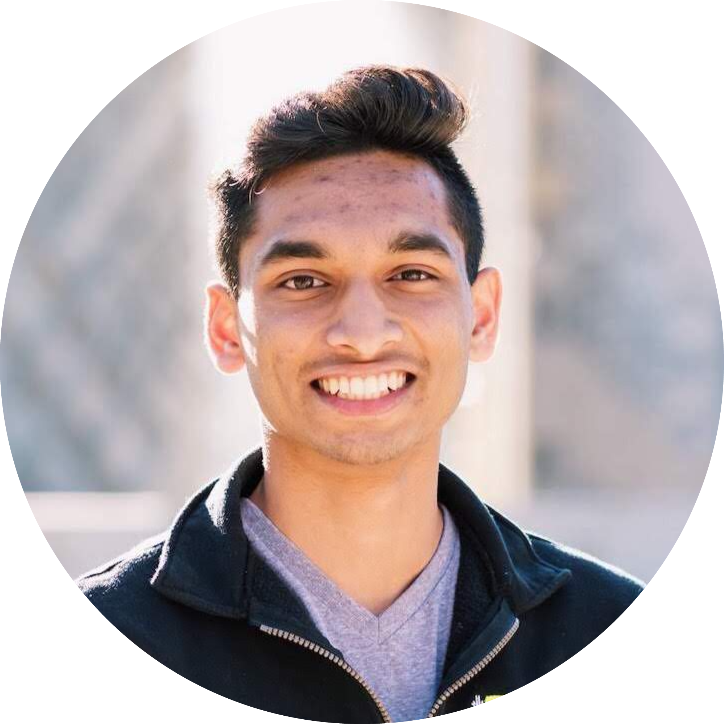
Rohith Ravindranath
Web and Curriculum Developer
Rohith is an MS Student studying Computer Science. He is interested in the intersection of machine learning and healthcare. His current work includes incorporating privileged information in current machine learning methods as a way to utilize data that was previously unusable. Outside of academia, Rohith enjoys dance, Marvel movies, and curating Spotify playlists.
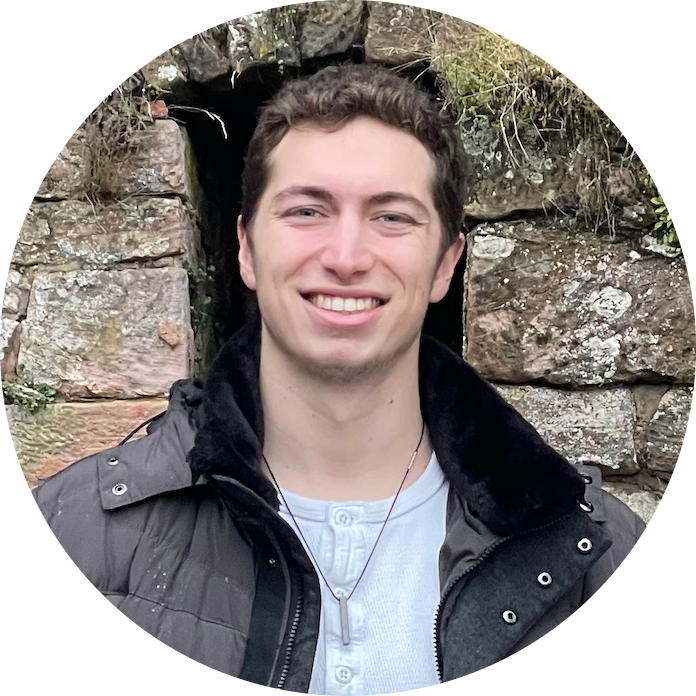
Blake Castleman
Research Assistant
Blake is a Computer Science MS student at Columbia University. He graduated with his BS from Georgia Tech in 2022 and is passionate about the intersection of computer science and education. His current work includes creating personalization systems for Aiphabet curriculum as well as assisting its AI curriculum development. In his spare time, Blake enjoys playing water polo, practicing Muay Thai, and volunteers teaching STEM concepts at elementary schools.
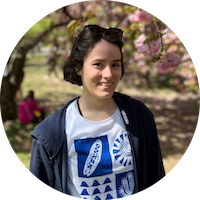
Andrea Clark-Sevilla
Curriculum Developer
Andrea is a Computer Science PhD student at Columbia University. She is passionate about explainability and fairness in AI/ML, specifically applied to healthcare and the biological sciences. The hope with this research is to demystify traditional black-box models so that we can better understand what are the factors driving a model's prediction and to be better able to explain these results to clinicians. In her spare time, Andrea enjoys watching movies, playing games, cycling, soccer, and spending time outdoors in nature.
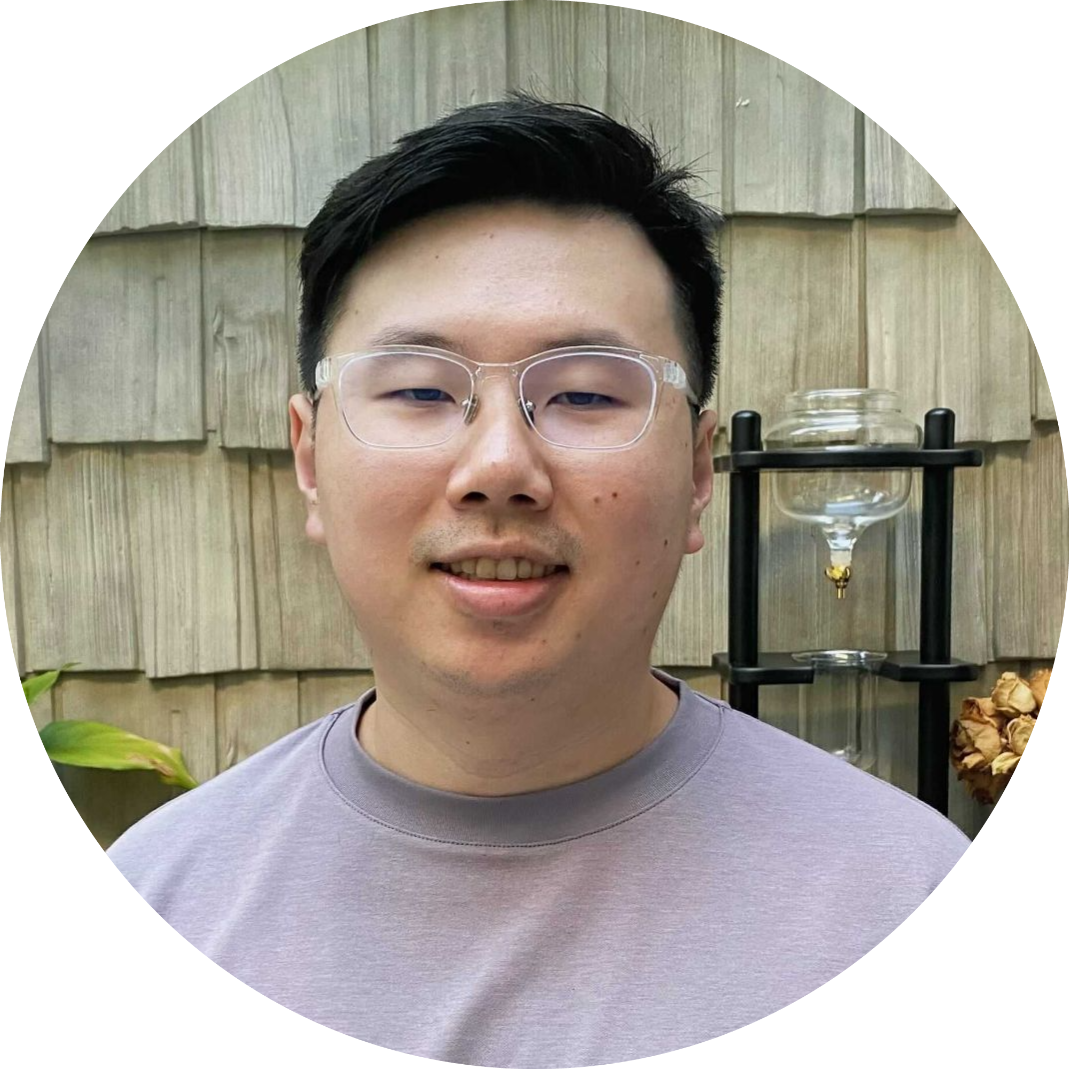
Adam Lin
Curriculum Developer
Adam is a PhD student at Columbia University. He is interested in machine learning usages in healthcare. Specifically, he is interested in how machine learning methods can make better decisions by utilizing information that is expensive to collect or is not available during prediction time. In his free time, Adam enjoys drinking coffee and reading novels.
.png)
Michael Jiang
Curriculum Developer
Michael is a high school senior at the Dalton School. He is interested in education and AI ethics, specifically surrounding how improving AI fairness and accessibility can better the human condition. In his spare time, Michael enjoys playing guitar and exploring New York City.
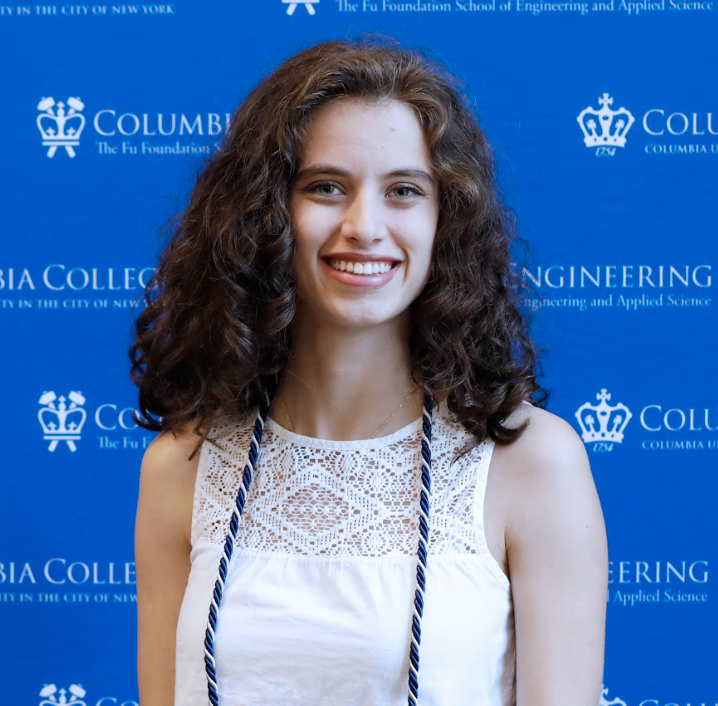
Xena Maayah
Web and Curriculum Developer
Xena is a May 2023 graduate from Columbia University with a BA in Computer Science. Her current work includes front-end development as well as content curation for Aiphabet curriculum development. In her free time, Xena enjoys readings books, playing the piano, and making coffee art.
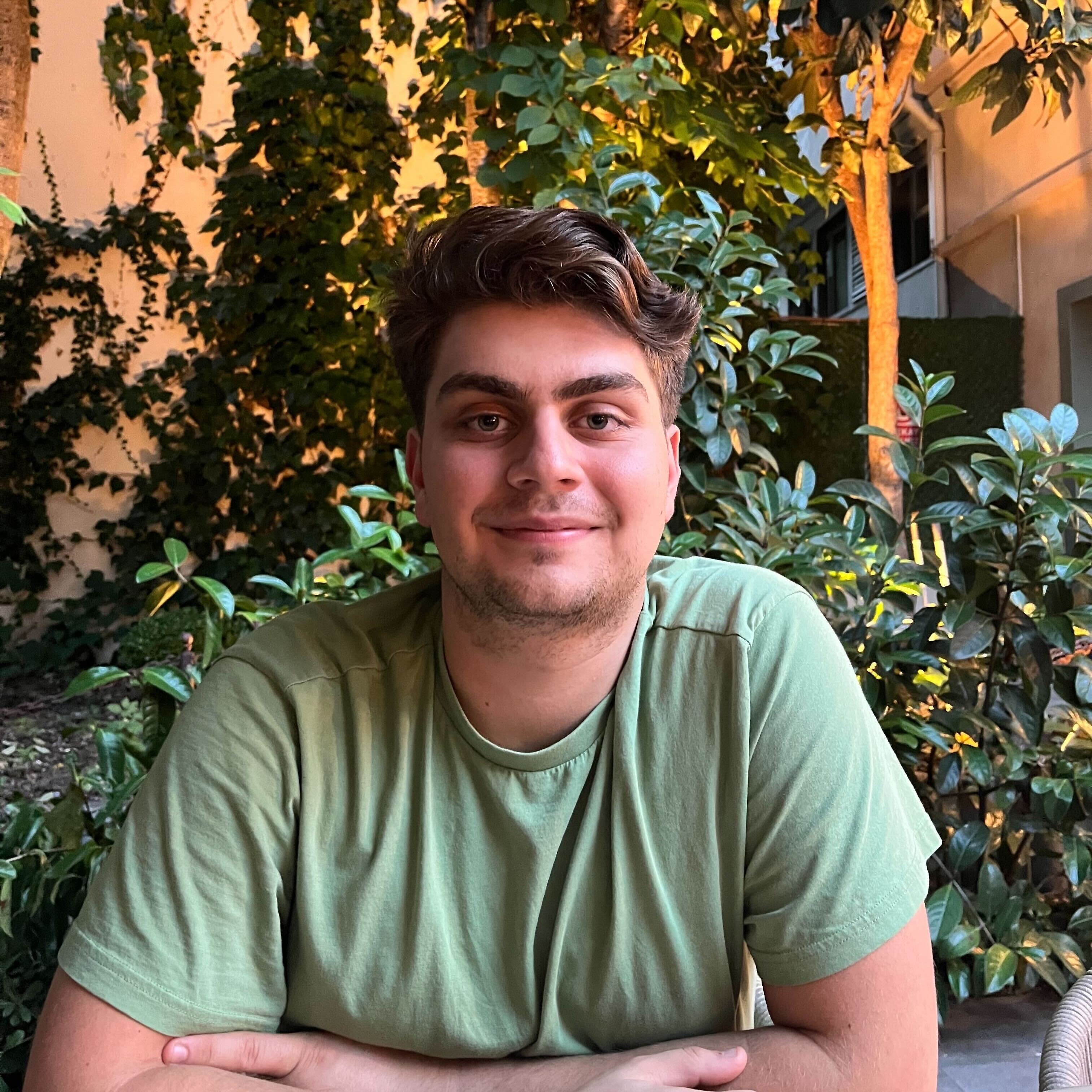
Kaan Erdem
Web and Curriculum Developer
Kaan is a senior at Columbia University studying Computer Science and History. His current work in Aiphabet is around front-end development. In his spare time, he enjoys cooking, writing and reading.
Advisory Board
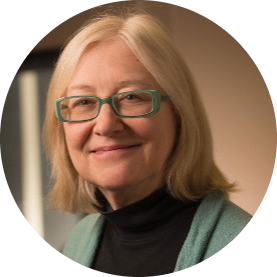
Julia Hirschberg
Julia Hirschberg is Percy K. and Vida L. W. Hudson Professor of Computer Science at Columbia University (department chair from 2012-2018). She previously worked at Bell Laboratories and AT&T Labs on text-to-speech synthesis (TTs) and then created the first HCI Research Department. She has served on the ACL executive board, the ISCA board (2005-7 as president), the CRA-WP board, the NAACL executive board, the CRA Executive Board, the AAAI Council, and the IEEE SLTC as well as numerous awards committees. She was editor of Computational Linguistics and Speech Communication and is a fellow of AAAI, ISCA, ACL, ACM, and IEEE, and a member of the NAE, the American Academy of Arts and Sciences, and the American Philosophical Society. She received the IEEE James L. Flanagan Speech and Audio Processing Award, the ISCA Medal for Scientific Achievement and the ISCA Special Service Medal. She has worked for diversity for many years at AT&T and Columbia. She studies speech and NLP, currently TTS, false information on social media and its intent, multimodal humor, radicalization in videos, and deceptive, trusted, emotional, charismatic, and empathetic speech.

Stuart Russell
Stuart Russell is a Professor of Computer Science at the University of California at Berkeley, holder of the Smith-Zadeh Chair in Engineering, and Director of the Center for Human-Compatible AI and the Kavli Center for Ethics, Science, and the Public. He is a recipient of the IJCAI Computers and Thought Award and Research Excellence Award and held the Chaire Blaise Pascal in Paris. In 2021 he received the OBE from Her Majesty Queen Elizabeth and gave the Reith Lectures. He is an Honorary Fellow of Wadham College, Oxford, an Andrew Carnegie Fellow, and a Fellow of the American Association for Artificial Intelligence, the Association for Computing Machinery, and the American Association for the Advancement of Science. His book "Artificial Intelligence: A Modern Approach" (with Peter Norvig) is the standard text in AI, used in 1500 universities in 135 countries. His research covers a wide range of topics in artificial intelligence, with a current emphasis on the long-term future of artificial intelligence and its relation to humanity. He has developed a new global seismic monitoring system for the nuclear-test-ban treaty and is currently working to ban lethal autonomous weapons.
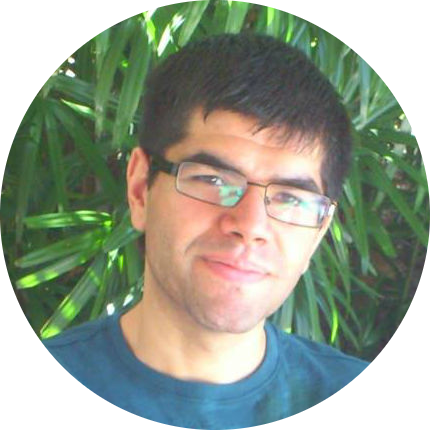
Nakul Verma
Nakul Verma is a faculty member in the Computer Science Department at Columbia University, focusing on Machine Learning, Algorithms and Theory. His primary area of research is Machine Learning and High-dimensional Statistics, and is especially interested in understanding and exploiting the intrinsic structure in data (eg. manifold or sparse structure) to design effective learning algorithms in the big data regime. His work has produced the first provably correct approximate distance-preserving embeddings for manifolds from finite samples, and has provided improved sample complexity results in various learning paradigms such as metric learning and multiple-instance learning.
Dr. Verma received his PhD in 2012 and his BS in 2004, both from the University of California San Diego.
He was awarded Provost Honors from University of California San Diego from 2001-2004, and was awarded Janelia Teaching Fellowship in 2015.
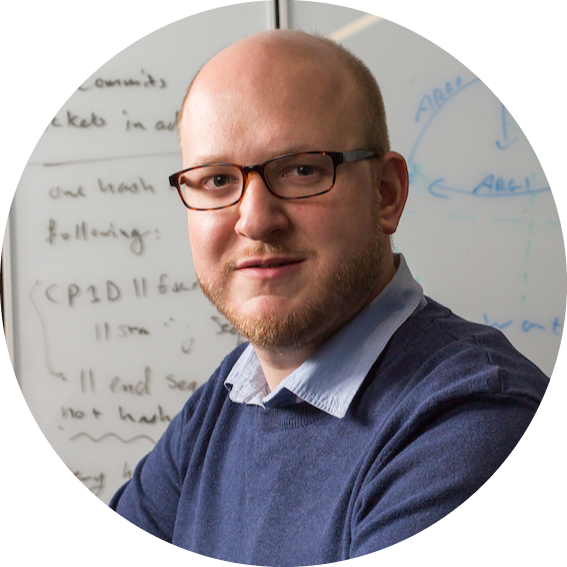
Daniel Bauer
Daniel is currently a Lecturer in the Columbia University Computer Science department, where he teaches courses ranging from introductory Computer Science and Data Structures to graduate-level courses in Artificial Intelligence and Natural Language Processing. He received his Ph.D. from Columbia in 2017, an M.Sc. in Language Science and Technology from Saarland University (Germany) in 2009, and a B.Sc. in Cognitive Science from the University of Osnabrück. His research interests in NLP are in the area of Computational Semantics of natural language. Daniel has also been involved in Computer Science education research, focusing on making introductory CS courses more accessible for a diverse student population. Daniel is a co-founder of WordsEye Inc., a company developing a text-to-3D-scene generation platform.
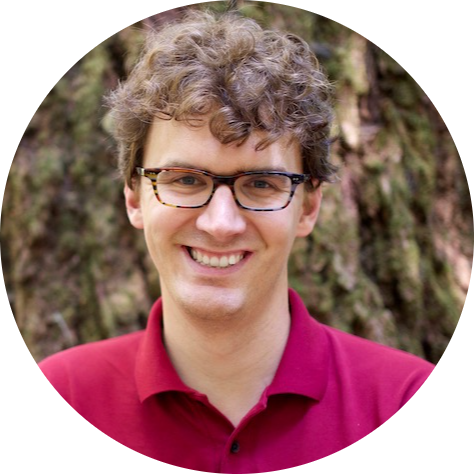
Carl Vondrick
Carl Vondrick is an assistant professor of computer science at Columbia University. His research group studies computer vision and machine learning. His research is supported by the NSF, DARPA, Amazon, and Toyota, and his work has appeared on the national news, such as CNN, NPR, and the Associated Press. He received the 2021 NSF CAREER Award, the 2021 Toyota Young Faculty Award, and the 2018 Amazon Research Award. Previously, he was a Research Scientist at Google and he received his PhD from MIT in 2017.

Nathan Holbert
Nathan Holbert is an Associate Professor of Communication, Media, and Learning Technologies Design at Teachers College, Columbia University. His work involves the development and study of playful tools, environments, and activities that allow all children to leverage computational power as they build, test, tinker, and make sense of personally meaningful topics, phenomena, or questions. Nathan received his Ph.D. in the Learning Sciences from Northwestern University and is the founder and director of the Snow Day Learning Lab.